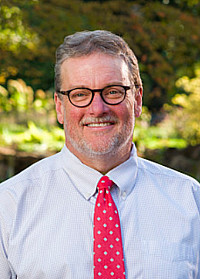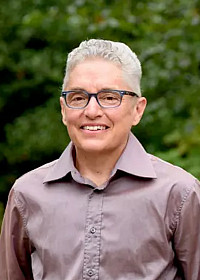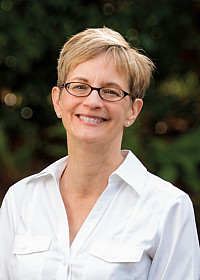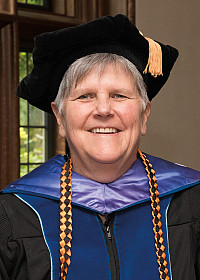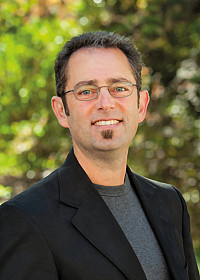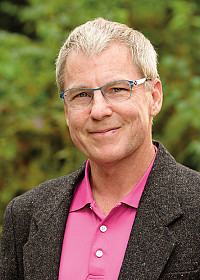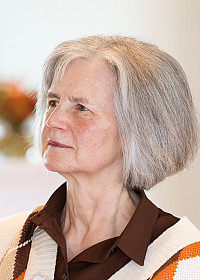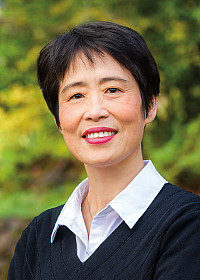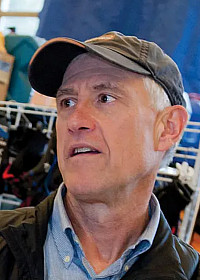main content What’s Next?
As beloved professors and staff retire, their impact on the Lewis & Clark community will be felt for generations.
Illustrations by Kate Bingaman-Burt
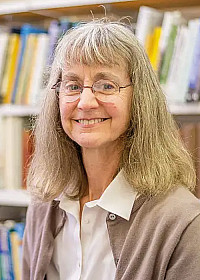
Paulette Bierzychudek
William Swindells Sr. Professor of Natural Sciences
Years of Service: 30
Favorite course to teach: Whichever one I was teaching at the moment! My specialties are ecology and evolution, but I also spent time teaching our introductory biology course for majors—and have taught everything from first-year students to seniors.
Favorite place on campus: The forest is my happy place. Also, Lewis & Clark’s Community Chorale! The choir includes students, faculty, staff, and alumni from all three of our schools.
What you’re most proud of: My students. I’m so proud of the people they’ve become and the way they maintain their energy and optimism.

Ben Westervelt
Associate Professor of History
Years of Service: 30
Favorite course to teach: This will sound peculiar and to some of my colleagues heretical, but I loved teaching in the Core, and especially our fabled bygone Core program, Inventing America, because I learned so much in it myself.

What people might not know about you: In my mid-50s, I became an avid backpacker, completing the Appalachian Trail and, so far, about half of the Pacific Crest Trail. I also played harmonica in a band. And, I lived in Copeland for my first two years as a faculty member in residence.
Aaron Beck
James W. Rogers Professor of Music and Director of Musicology
Years of Service: 29
What’s remained constant during your time at L&C: The excellent quality of the students. Not only are they academically gifted, L&C students are quality people. By this I mean they care about others, the environment, equality. Many students remain attached to the earth—to camping, hiking, paddling, and being in nature and the opportunity to be in Oregon and the grounding that nature provides. This, I think, fosters humility—a favorite medieval virtue of mine at the base of the tree of virtues. I spent much time in New York City and did not have this. I have learned to understand nature’s privilege and its gifts.
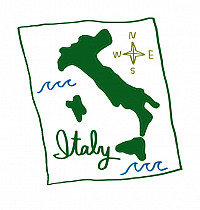
What’s next: I will keep writing and making music. I hope to teach here and there. Travel to Italy. Hike in the Aosta Valley—Gressoney-La-Trinité, where I grew up. Spend time with my children. Spend time with L&C alumni. Take care of my garden. Stay curious.
Susan Glosser
Associate Professor of History
Years of Service: 29
Favorite courses to teach: I liked them all, but my favorites were Making Modern China and What’s for Dinner? A History of Food. I loved teaching the modern China course because it’s interesting in itself and because we cannot understand contemporary China without understanding its past. The food class was a lot of fun. Although we covered serious issues like food security, food is a topic that also brings a lot of joy.
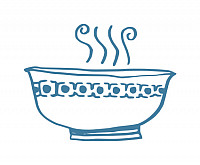
What people might not know about you: I guerilla garden for pollinators. Native asters, calendula, and crocuses are my favorites to deploy.
Carol Doyle
Associate Professor of Counseling and Ecotherapies Certificate Program Director Graduate School of Education and Counseling
Years of Service: 28
Favorite courses to teach: I have taught a research methods and/or statistics class almost every Wednesday evening (during the fall and spring semesters) for the last 28 years and have not yet tired of teaching. One reason is that while the foundations of research methods and statistics remain the same, perhaps surprisingly new methods of designing research and collecting data are always being developed. Additionally, there are always new topics that are being researched.
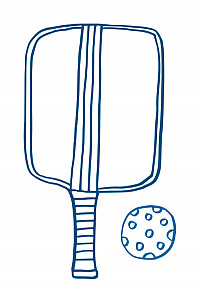
What people might not know about you: On a personal level, I have always loved to play and watch sports—go Giants! I played volleyball in college (before there were scholarships), played softball until I was 50, and last year I began to play and love pickleball.
Kellar Autumn
Professor of Biology
Years of Service: 26
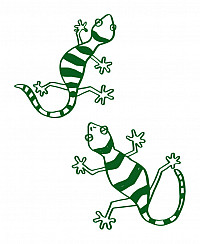
Autumn’s research developed into a new field of study at the interface of biology, physics, and materials science. In his lab, Autumn and his students studied the mechanisms and evolution of animal locomotion and developed biologically inspired materials and machines. He received worldwide acclaim for his research on adhesion in geckos and the discovery of the world’s first dry self-cleaning adhesive, published in the journals Nature and PNAS, the Proceedings of the National Academy of Sciences.
Peter Mortola
Professor of Counseling Graduate School of Education and Counseling
Years of Service: 26
What you’ve enjoyed most: The thing I most appreciated about my work at L&C was the combination of two things: the monk-like engagement in reflection, study, and writing combined with the activist-like engagement in the vitally important public schools in our area.
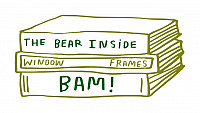
What’s next: The “professor emeritus” title was always a bit of a mystery to me. I now imagine it as much the same meal, but with smaller portions. I will continue to teach as part of the Violet Solomon Oaklander Board (for which I am president-elect) and offer electives and workshops through L&C. I have begun to put together a book entitled empathy for things, in which I will try to help us better understand boys and men in counseling and educational contexts. I will work to remain grateful for the small but important things in life: family, friends, activity, health, and nature.
Kim Campbell
Mary Stuart Rogers Professor of Education
Graduate School of Education and Counseling
Years of Service: 25
What you’re most proud of: I am most proud of the teacher candidates with whom I have worked. I am heartened by the passion and commitment they bring to their secondary classrooms. I try to stay in touch with candidates. I just received an email from a candidate who graduated 10 years ago. She was checking in to update me about her work as an English teacher.
What’s next: I have several writing projects I’ve started but not completed. One is a mystery novel I’ve been working on for years. I’m also planning to learn how to play pickleball. We have a court near our house. And I am talking with my Teacher Education colleagues about how we can support the secondary graduates. We are considering hosting some gatherings to invite graduates back to campus.
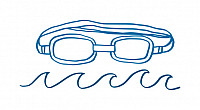
Yueping Zhang
Associate Professor of Psychology
Years of Service: 24
Path to Lewis & Clark: I moved to the United States 35 years ago from China, undergoing a significant career change from medicine to psychology.
What’s changed and what’s remained constant at L&C: My specialty area, neuroscience, has changed significantly over the years, along with teaching technology. I remember using overhead transparencies in my early days at Lewis & Clark. Now, we teach in a multimedia world, utilizing digital resources, interactive platforms, online tools, and AI technology.
The college’s mission and vision of liberal arts education attracted me to Lewis & Clark 25 years ago. The commitment to fostering critical thinking, creativity, and a broad-based education has always been at the heart of Lewis & Clark.
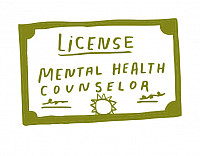
Joe Yuska
Director of College Outdoors
Years of Service: 38
What you’ve enjoyed most: The excitement and enthusiasm of the students when they first explore outdoor places. So many students are from urban environments or parts of the country that have no spectacular waterfalls, ocean beaches, or mountain views.
Favorite College Outdoors trip location: Any place can be spectacular, so it really depends on the season. Mount Hood is gorgeous with the snow coming down. Tidepools are spectacular. Old-growth forests are awe-inspiring.
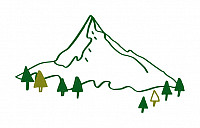
More L&C Magazine Stories
L&C Magazine is located in McAfee on the Undergraduate Campus.
MSC: 19
email magazine@lclark.edu
voice 503-768-7970
fax 503-768-7969
The L&C Magazine staff welcomes letters and emails from readers about topics covered in the magazine. Correspondence must include your name and location and may be edited.
L&C Magazine
Lewis & Clark
615 S. Palatine Hill Road
Portland OR 97219
